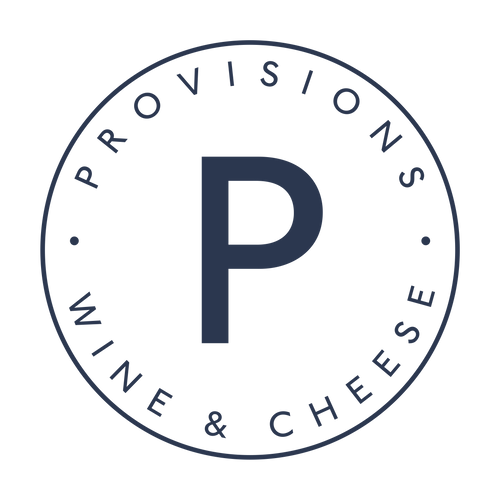Meeting the people behind the products we import is one of the most pleasurable parts of working for Provisions. The pride and passion shown not just for the products they produce, but the regions they work in is always inspiring. A visit to the Savoie and Jura promised to be no exception.
Sibilia, Les Halles de Lyon Paul Bocuse, Lyon, France
After the obligatory early morning ‘red eye’ flight from London we landed in Lyon; a city described by many as France’s culinary capital. We headed straight for the Les Halles Lyon Paul Bocuse to visit the team from Sibilia the charcuterie and traiteur we have been working with for just over a year now. Les Halles de Lyon Paul Bocuse is a bustling food market housing some of Lyon’s best cheesemongers, fishmongers, bakeries, and butchers.

Nathalie and Katia welcomed us warmly giving us the chance to try plenty of new products and talking to us about the history of Sibilia. Sibilia was founded 100 years ago in 1922 and for many years headed by Colette Sibilia whose passions for Lyonnaise charcuterie was the driving force that has made Sibilia one of the foremost producers in Lyon. You might have already tried their Hazelnut Saucisson, Saucisson Maigre and Saucisson Mâchon that we have been importing for some time now. Sibilia are famous for their local specialities, using the best quality pork sourced from the Rhône-Alpes, including Saucisson Brioché and Andouillette. We were blown away by the quality of the products we tried, passion of the team and their sense of place within the culinary heritage of Lyon.
Joseph Paccard, Manigod, Savoie, France
Following a night spent in the beautiful ski resort of Megève where we shared a fondue paired with some white wine from the Savoie. It was another early morning start as we wound our way over the breathtaking Col des Aravis where at 1498m the landscape of jagged mountain peaks above pastures dotted with the local Tarine and Simmental breeds of cattle.

We were heading towards the village of Manigod to visit the caves of Joseph Paccard; renowned affineur (maturer) of local cheeses such as Reblochon, Tomme de Savoie, Beaufort, and rare cheeses such as Bleu de Termignon and Bleu de Tignes. Now headed up by Joseph Paccard’s sons Bertrand and Jean-Francois, they work only with farmhouse producers with herds of no more than 40 cattle and are the smallest affineur in the region.

Commercial Director Marc showed us around, we watched as the local farmers delivered their Reblochon and Manigodine at three days old, then placed on wooden boards ready to begin their maturation in the humid brick caves. We followed the journey of their Reblochon viewing different stages of its maturation from being washed twice with a salt brine, turned twice a day to maturing in caves with a 98% humidity. Finally, as the rind begins to form the cheeses are wrapped with two wooden spruce plates and moved to a cold chamber to finish off their maturation. Joseph Paccard's Reblochon Fermier is a oozes terroir and quality; a full fat, raw milk cheese, produced by local farmers with the still warm morning and evening milkings and matured in the expect surrounds of the Paccard’s caves. Full after a fantastic tasting with Marc, which saw us going through their entire range of cheeses, we headed north towards the Swiss Jura.
Philippe Geinoz, Sagnettes, Jura, Switzerland
The Jura mountains straddle the French-Swiss border north of Geneva and as we drove North from the Savoie, we criss-crossed the border continuously following valleys of lush green pastures. After a quick stop in the French town of Morteau; the town that gives it name to the Saucisse de Morteau (a dense smokey sausage that we love at Provisions) we made our 10km across the Swiss border to visit Philip Geinoz.
Philippe produces ‘Monlesi’ one of our favourite cheeses here at Provisions. He is both a producer and affineur and his fromagerie and caves are nestled below the imposing ‘Glacier de Monlesi’ the name of which he lends to the Monlesi cheese. On the morning we visited he was busy making Gruyère d’Alpage; heating the mornings milk in larger copper tanks to 58°C, waiting for the curds to form small balls, before pumping into the moulds to be pressed for 24 hours. The speed, precision and intuition displayed throughout this process was inspiring.

Philippe’s milk is delivered by farmers within a 10km radius and the majority of which is used for Gruyère production, but to diversify his range he spends 10-15 days a year during the summer grass growing season, when milk is more abundant, producing Monlesi. Like his Gruyère the milk is heated in copper tanks acting as catalysts for flavour, using wild yeast and serum from the whey to re-inoculate the cheese and encourage the milk to coagulate. There are though some key nuanced differences that make his Monlesi such a unique cheese; the milk is heated slowly to only 55°C, when pressing the cheese Philippe aims to retain a higher moisture content than for Gruyère, pressing the cheese more gently to allow this and after pressing the cheese is bathed in brine for 24 hours. Philippe takes care of the affinage himself in his caves, carefully maturing for a minimum of 12 months.
Marcel Petite, Fort Saint-Antoine, Saint-Antoine, Jura, France
Our final visit was a real bucket list affair as we had the privilege of visiting the legendary Fort Saint-Antoine, the disused military fort cut into the hills of the Haut Doubs at just over 1000 metres, where since the 1960s Marcel Petite has been maturing Comté. Marcel Petite was a visionary and a pioneer of long maturation Comté. When he first started maturing Comté in the fort he was derided by many, but the vaulted stone ceilings covered by thick loyal of soil created the perfect environment to naturally mature Comte for an extended period.
The scene within the fort is both breathtaking and intimidating with 100, 000 wheels matured at any one time, stacked from floor to ceiling on pine boards in a multitude of different rooms. Each cheese arrives at two weeks old, from farms within a 25km radius and spends 3-4 months in the cooler ‘nursery ‘room at the beginning of their journey. Perhaps the most skilled and important role is that of the ‘selector’ whose job it is to understand the ageing potential of each wheel of cheese, nurturing and guiding so it achieved. Tasting 200-300 wheels a day, ringing or tapping cheeses using their experience to interpret the physical sensitivities in the sound of each ringing is the skill of a true artisan.

We had the pleasure of meeting with master selector José who explained that it’s the ‘texture and finesse’ of their Comté that sets them apart, their aim is to mature cheeses with a fine paste, balanced sweet and salty flavours, with hints of warm cream and mushrooms. The 18 months Comté ‘Réservation’ is a firm favourite of our customers, José explained that only 15%-20% are graded to this ageing potential with this level of ageing accentuating flavours of lemon, orange and apricot. We then tasted some 24 and 36 months old Comté, which we only get for Christmas. It was fantastic to spend time with José, the passion and pride he showed towards his job and his dedication to what is probably the most emblematic cheese of the region was inspiring, reminding us all why we love what we do.
Ben Owen, Mark Austin
Provisions Food Wholeale team


Comments (0)
Back to Journal